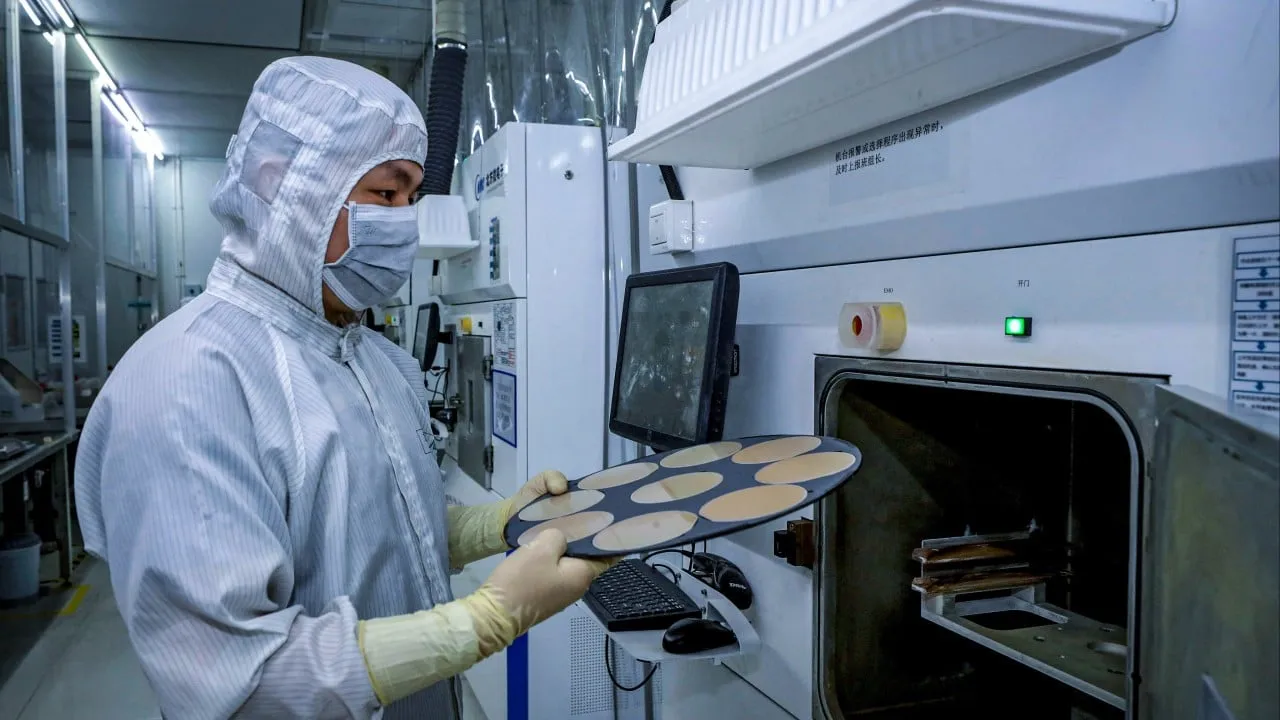Renminbi Funds Fuel Unicorn Growth in China's Integrated Circuits Sector

Understanding the Shift in China's Unicorn Landscape
Renminbi funds are increasingly vital to China's integrated circuits (IC) industry, which has produced more unicorns than any other sector in the nation over the past three years. Despite a decrease in newly funded unicorns from 192 in 2021 to 106 in 2023, start-ups that manage to attract capital enjoy greater backing than in previous years. Notably, US-dollar funds constituted only 28% of all fundraising last year, compared to higher proportions in prior years.
Investment Focus on Hard Tech
Investment in unicorns is heavily weighted toward hard tech industries, such as ICs and new energy vehicles, aligning with the Chinese government’s strategy of self-reliance and reducing dependence on foreign technologies. A significant concentration of these unicorns has been found in the Yangtze River Delta, accounting for 40% of the total in 2023.
Impact of US Regulations on Unicorn Growth
The changing dynamics of the unicorn landscape are influenced by increasing US scrutiny on investments in critical sectors. Restrictions by Washington on venture capital flow into China, particularly in semiconductors and microelectronics, have added hurdles for Chinese unicorns seeking growth. Moreover, the path to public offerings in the US has become more challenging amid heightened scrutiny, impacting the overall growth trajectory of new entrants.
Government Backing in Investment Strategies
The reliance on government-backed investments is a defining feature of China’s start-up ecosystem. Initiatives like the Beijing Integrated Circuit Industry Investment Fund and the Big Fund exemplify this trend, aiming to bolster support for domestic unicorns in tech sectors.
This article was prepared using information from open sources in accordance with the principles of Ethical Policy. The editorial team is not responsible for absolute accuracy, as it relies on data from the sources referenced.